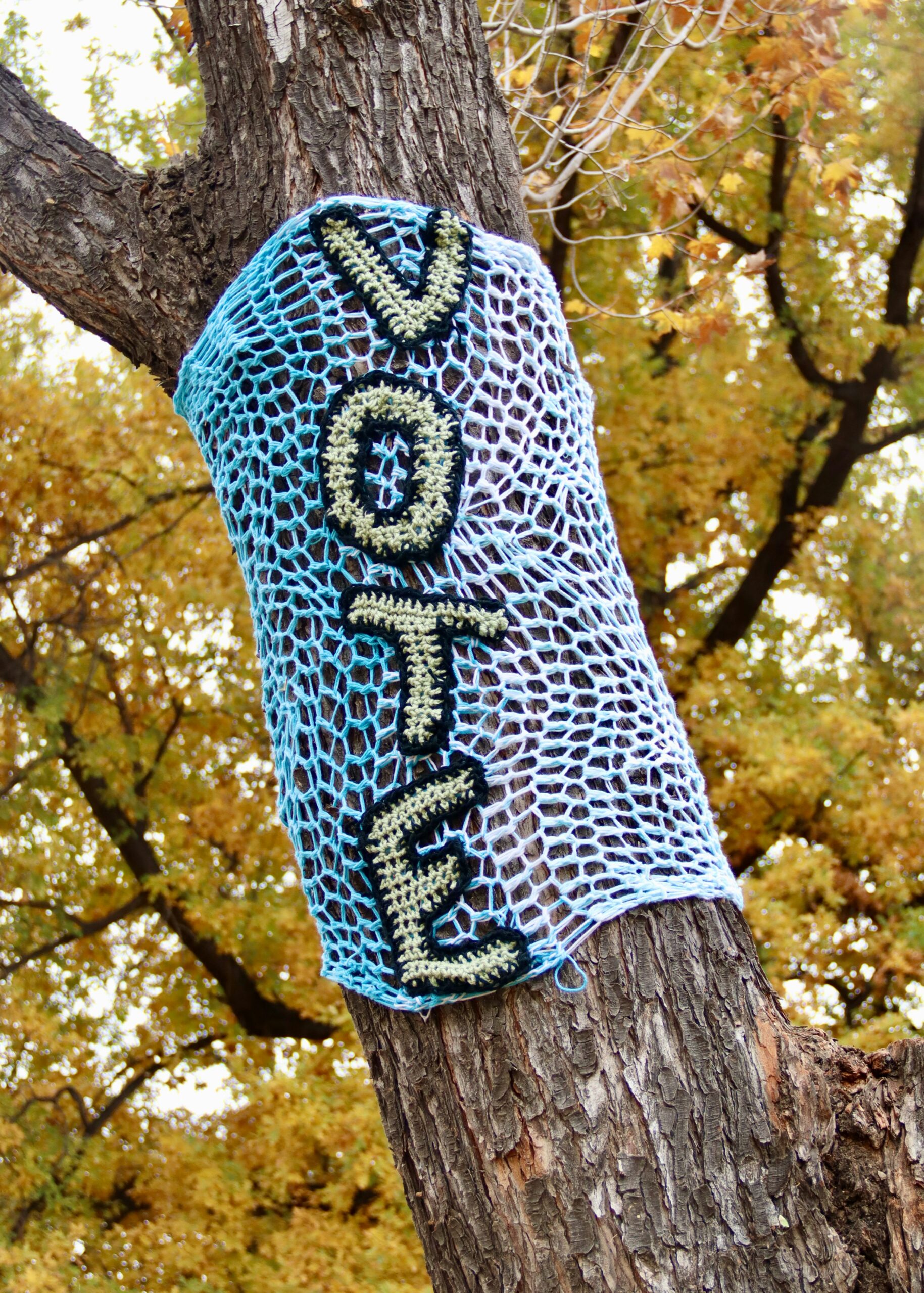
Essay ‘Un-Contest’ on Peaceful Elections
The War Prevention Initiative (WPI) is seeking submissions for an essay “un-contest” on peaceful elections.

Perspectives on Feminist Foreign Policy: Revealing New Narratives, Challenging The Status Quo
Read our summary report of our feminist foreign policy essay “un-contest” where we published 11 essays from emerging thought leaders around the world.

Selected Essays Announced in Feminist Foreign Policy Essay “Un-Contest”
The War Prevention Initiative is pleased to announce 11 essays on feminist foreign policy selected for publication.
Gaza and Israel: A Violent Year and the Urgent Need to Stop the Killing
Introduction We mark a somber milestone: one year has passed since the onset of the relentless violence in Gaza, leading to unimaginable death and suffering. We are thinking about all Israelis and Palestinians whose lives and communities were shattered by the events of last year. A ceasefire is about saving lives; every minute that passes … Read more
